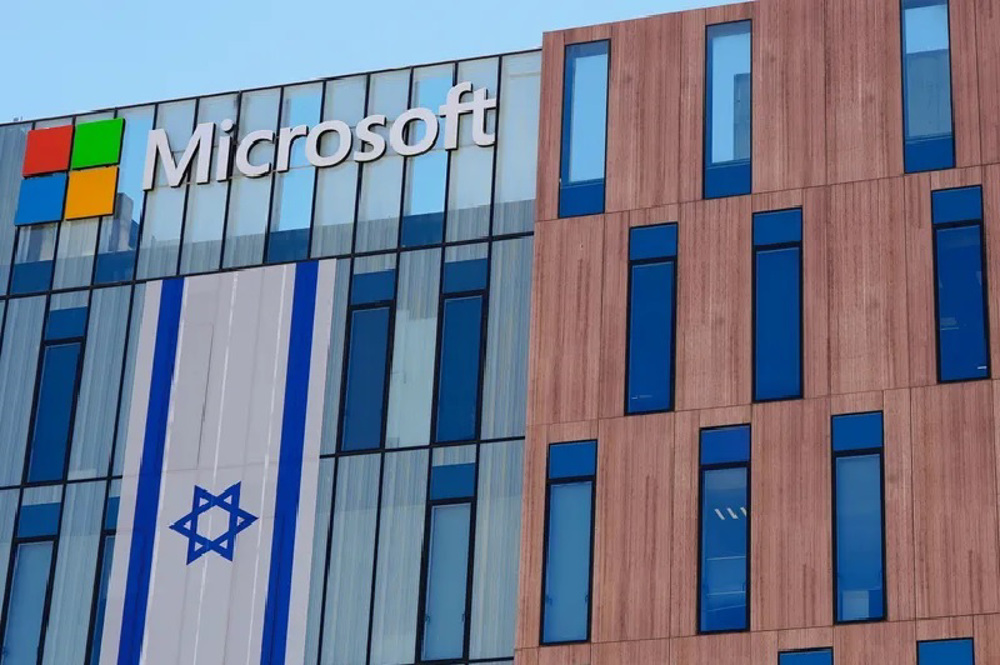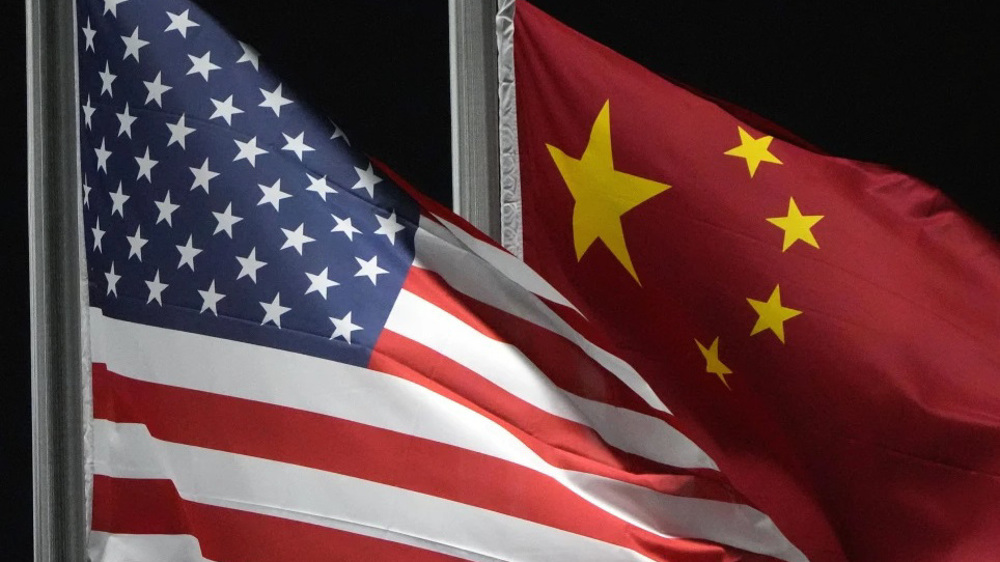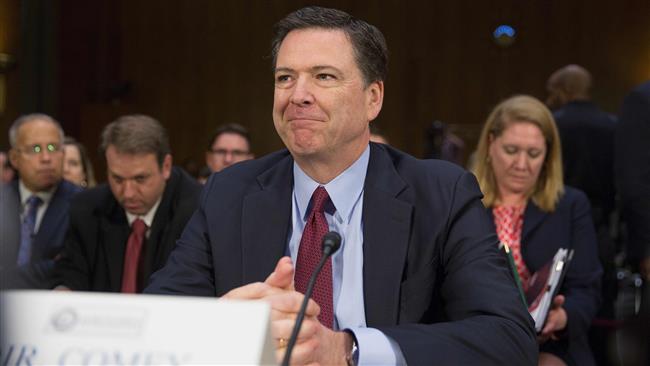Russia hacked Republican emails, did not release info: FBI chief
The Director of the Federal Bureau of Investigation (FBI) James Comey has accused Russia of hacking the computer networks of the Republican Party, putting another twist on Washington’s claims about Moscow’s interventions in the 2016 US presidential election.
During a testimony before the Senate Intelligence Committee on Wednesday, Comey said that there was “penetration on the Republican side of the aisle and old Republican National Committee (RNC) domains.”
According to Comey, President-elect Donald Trump and the current RNC were also targeted by Russian hackers, but there was no sign that they were “successfully hacked.”
“There was evidence of hacking directed at state-level organizations, state-level campaigns, and the RNC, but old domains of the RNC, meaning old emails they weren't using. None of that was released,” Comey told the panel.
The FBI, along with the Central Intelligence Agency (CIA) and the National Security Agency (NSA), released a report last week claiming that Russian President Vladimir Putin “sought to help” Trump defeat his Democratic rival Hillary Clinton in the presidential election.
The run-up to the election saw the release of many confidential email exchanges by the Democratic National Committee (DNC) as well as Clinton’s top aide John Podesta.
Comey said Wednesday that the hackers “got far deeper and wider into the DNC than the RNC,” although “similar techniques were used in both cases.”
The FBI chief, who has been blamed for having bias over his handling of Clinton’s email case during the presidential campaign, said Democrats did not allow the bureau to access their hacked servers and the assessment was rather based on research by a third-party security company called CrowdStrike.
Clapper chimes in
After Comey, the Director of National Intelligence James Clapper told the Senate panel that the US intelligence community had “high confidence” that the cyber attacks were launched from Russia.
In late December, President Barack Obama introduced new sanctions against Russia and expelled 35 Russian diplomats over the hacking attempts.
Trump and the WikiLeaks anti-secrecy website, which released thousands of the hacked emails, have both rejected Washington’s allegations against Moscow.
Major US media outlets reported on Wednesday that Trump was siding with Russia because Putin’s government was in possession of "compromising" personal and financial information about Trump, a claim that the Kremlin quickly denied and Trump described as a “total fabrication.”

Microsoft collaboration in Gaza genocide

Moroccan port workers protest Maersk ship carrying F-35 parts to Israel

China sanctions US figures over ‘gross interference’ in Beijing’s affairs
Yemen asserts enhanced military readiness; takes US aircraft carriers under firepower
VIDEO | Iran seeks foreign investment to boost oil, gas sectors
Iran condemns terror attack in India's Kashmir region
After second Signalgate scandal, Democrats call for Hegseth’s resignation
Mahmoud Khalil missed son's birth after US officials denied temporary release
Iran’s annual inflation up 0.7% to 33.2% in April: SCI
Ayatollah Sistani offers condolences on passing of Pope, hails his role in promoting peace
Iran says expert-level talks with US postponed to Saturday







 This makes it easy to access the Press TV website
This makes it easy to access the Press TV website